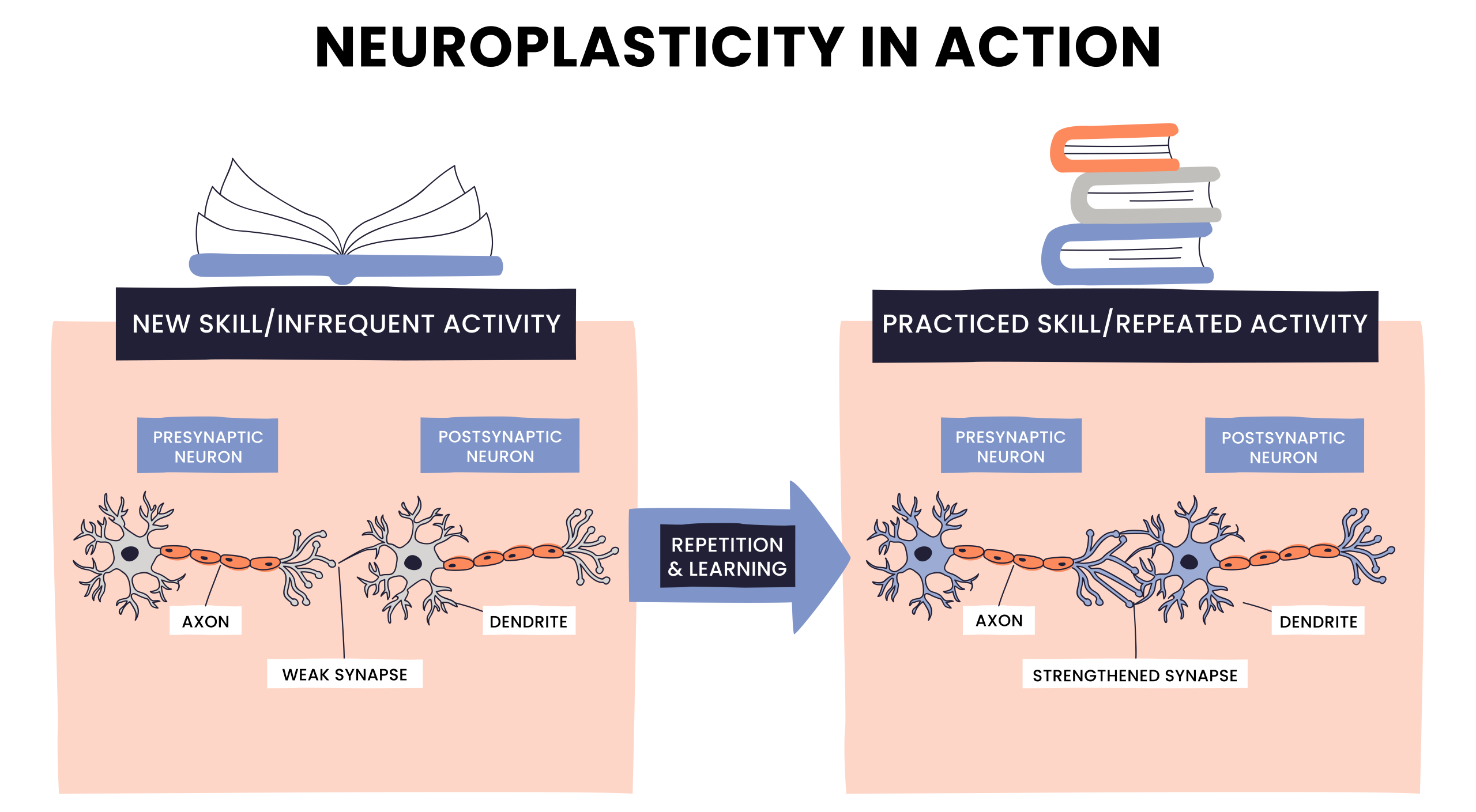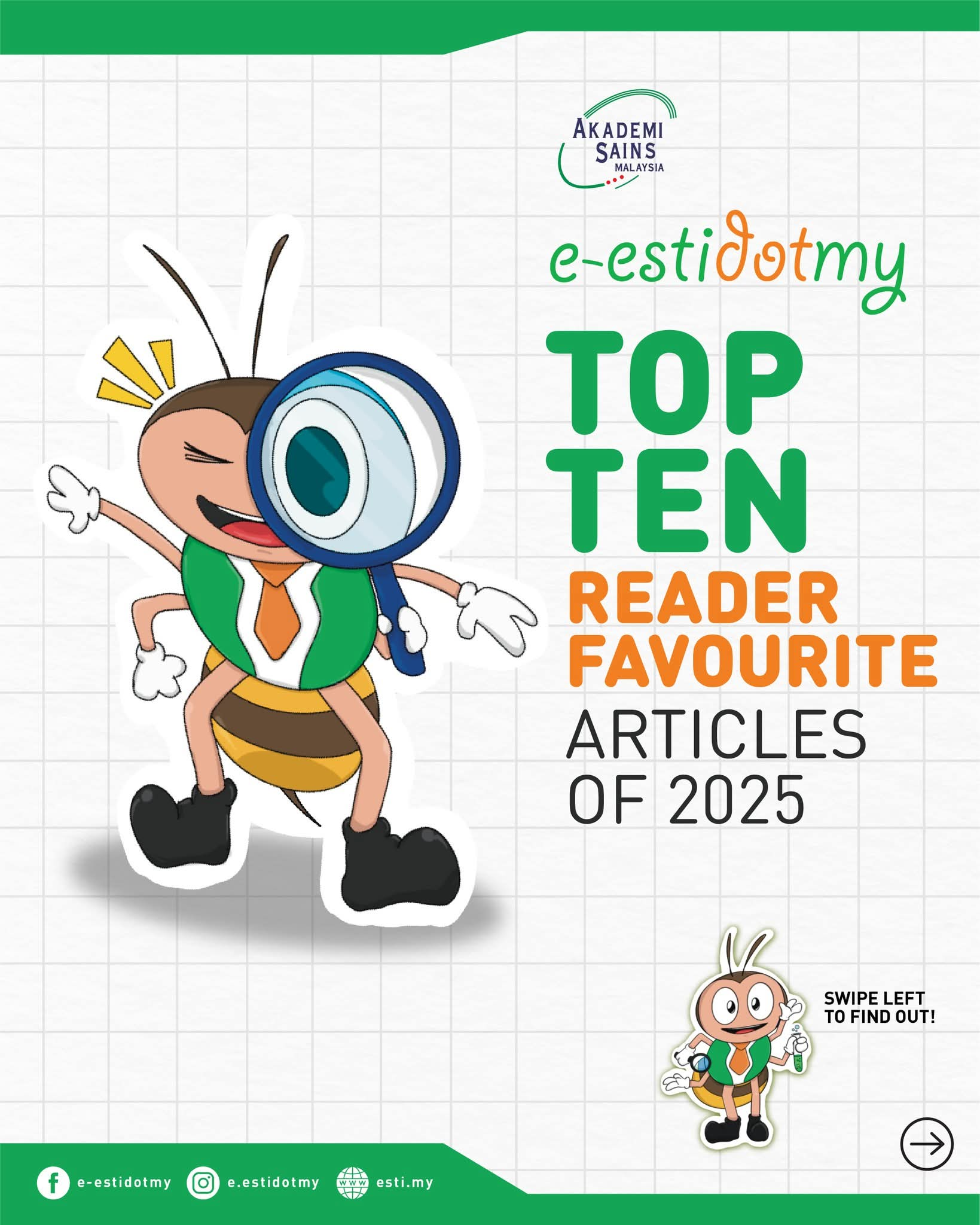As agriculture advances with IoT and precision farming, we must not forget that productivity starts with high-quality seed. As the Arabic proverb says, “Planting a tree begins with a seed,” the foundation of a good harvest lies in selecting the right seeds with strong genetics, resilience, and adaptability.
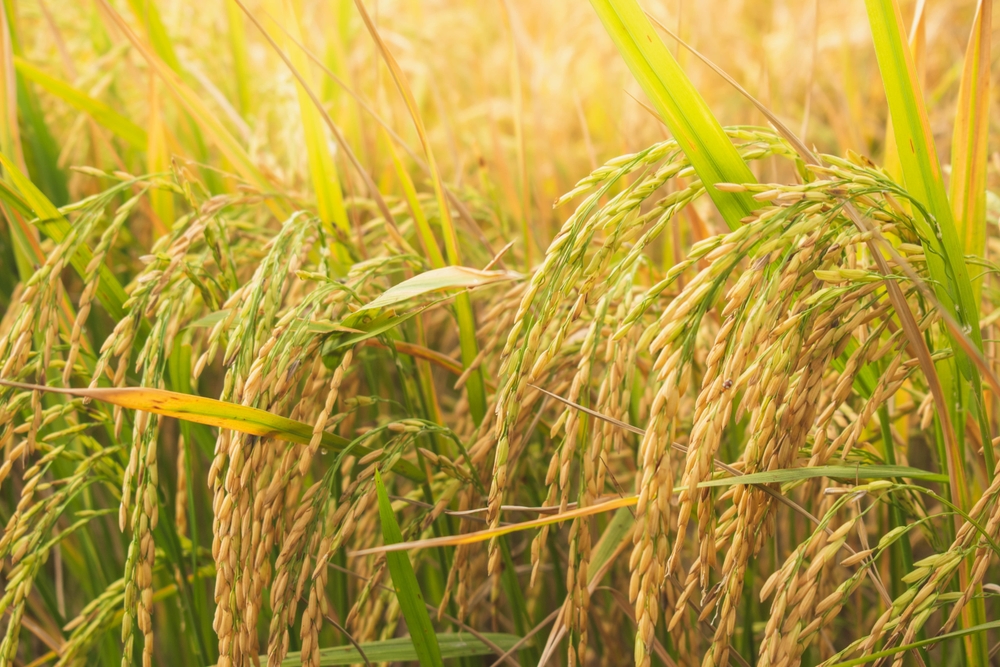
While technology optimises farming practices, poor-quality seeds limit yield potential, no matter how advanced the tools. Investing in superior seeds enhanced through genetic modification (GM) ensures better germination, disease resistance, and environmental resilience. In pursuing innovation, we must remember that technology can enhance agriculture, but the seed determines its success.
This overlooked aspect has left Malaysia vulnerable regarding food Despite GM technology being available for over 30 years, Malaysia has yet to adopt this technology, resulting in a missed opportunity to enhance the efficiency, resilience, and productivity of the country’s food crops. Adopting GM seeds could be a key solution to reduce the import bill for critical crops like rice, vegetables, and fruits in Malaysia.
The regulatory environment in Malaysia has been a key factor hindering the adoption of GM crops in the food sector . Under the Malaysian Biosafety Act 2007, all GMOs require risk assessments and government approval before commercialisation. The lengthy approval processes, public concerns, and lack of awareness have slowed the commercialisation of GM food crops.
As a result, Malaysia continues to rely heavily on imported seeds, particularly for crops like corn, soybeans, and vegetables. This dependency exposes the country to global market fluctuations and means that the seeds may not be optimised for Malaysia’s local conditions, leading to inefficiencies and lower yields.
Regional Comparisons: The Philippines and Bangladesh

In contrast, neighbouring countries like the Philippines and Bangladesh have adopted biotechnology more proactively. The Philippines was the first Southeast Asian country to approve the commercial cultivation of Bt corn– a genetically modified variety resistant to the corn borer pest. This move has helped the country increase corn yields, reduced pesticide use, and improved food security.
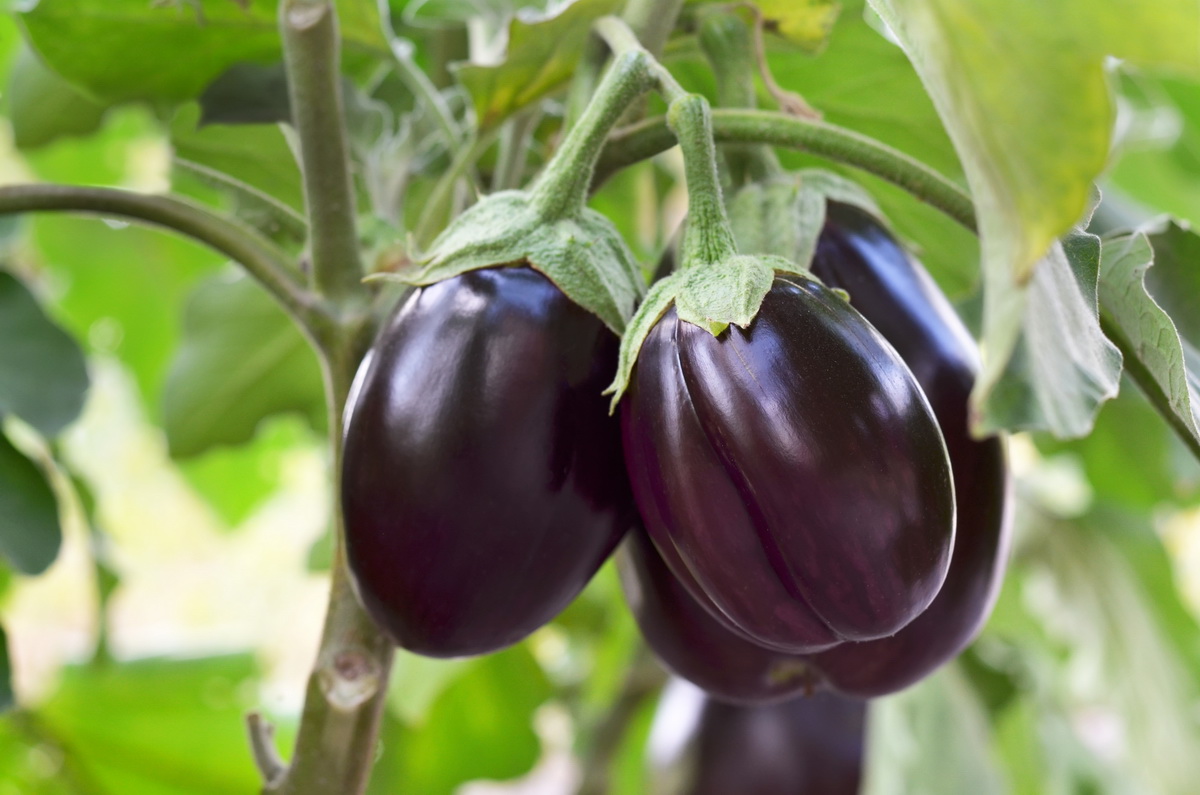
Similarly, Bangladesh made a breakthrough in 2013 by approving . It showed up to 80% reduction in pesticide use, improving farmer health & lowering costs.
The Emergence of Gene Editing
While genetically modified organisms (GMOs) have faced some public scepticism, the advent of gene editing technologies like CRISPR-Cas9 presents a new frontier for agriculture. Gene editing allows for more precise genetic modifications, improving crop resilience, yield, and nutritional content without introducing foreign genes.
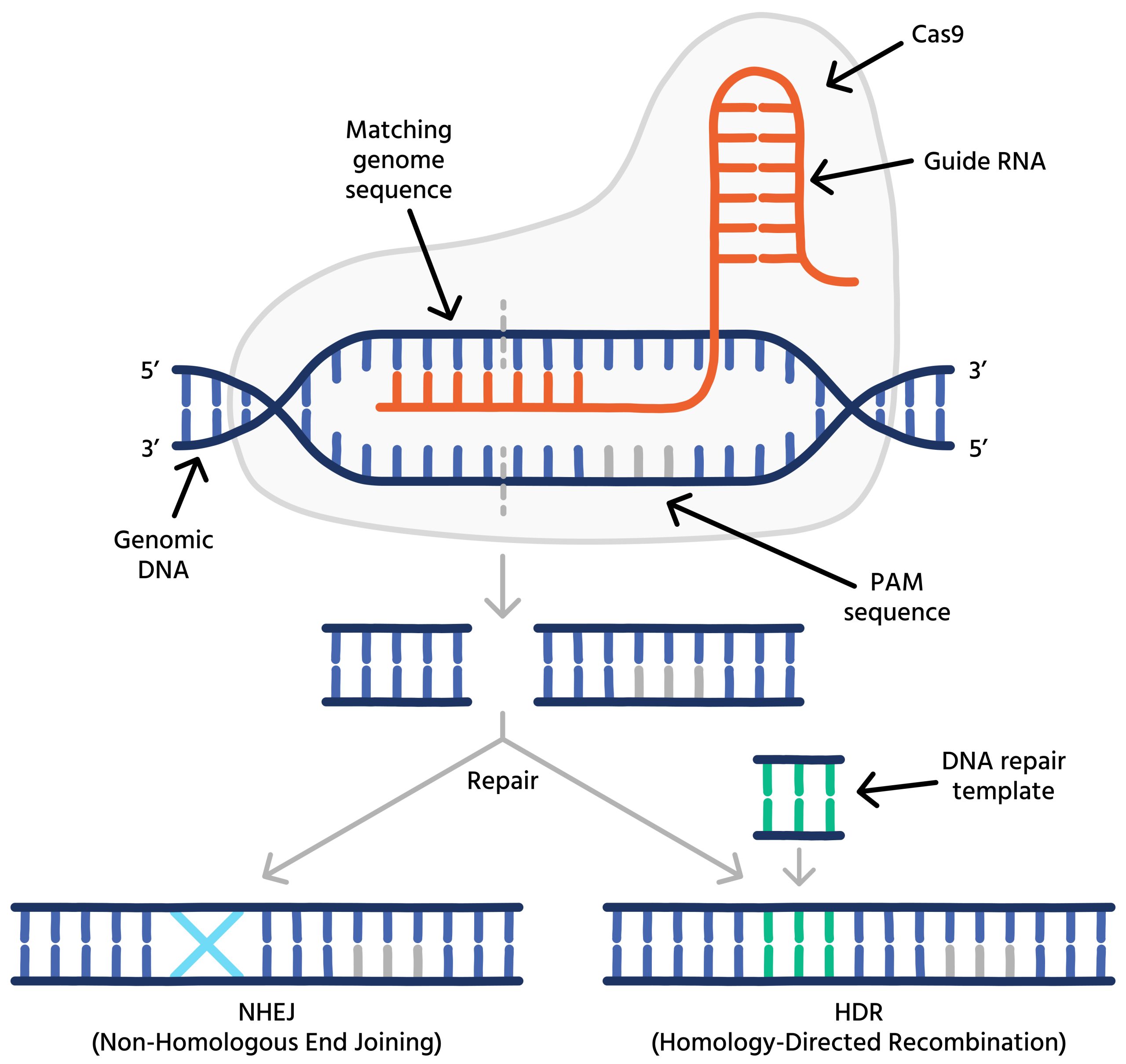
According to the Transparency of Market Research 2024 report, the global gene editing market is projected to reach Malaysia, however, risks missing out on this growing field if it does not take proactive steps to develop and regulate gene-edited crops.
To catch up with its regional counterparts and capitalise on the potential of biotechnology, Malaysia must take several key steps:
- Streamlining Regulatory Frameworks: Malaysia should develop a more enabling regulatory environment for biotech crops. Clear and efficient approval processes for genetically modified and gene-edited seeds would help reduce the barriers to adoption and innovation. A study conducted by Whelan et al. (2020) revealed that after Argentina established clear criteria to regulate gene editing, there was a noticeable change, including the number of developers applying gene editing techniques.
- Public Education and Awareness: Public scepticism around GMOs can be addressed by engaging the public in discussions about the safety, benefits, and potential of biotechnology, which is crucial to increasing acceptance.
- Investing in R&D: More investment in domestic biotechnology R&D is essential. Public-private partnerships and collaboration with international research institutes can accelerate the development of biotech crops suited to local conditions.
The slow adoption of modern biotechnology in Malaysia’s seed industry is a significant issue that must be addressed. By embracing gene editing technologies and streamlining regulatory processes, Malaysia can ensure its seed industry is well-positioned for the future.
Saarani Vengadesen is pursuing her PhD in Biotechnology Regulation at the Faculty of Law, University Malaya. She is also a founder of the AgBioVoice Initiative, where science meets agriculture.



